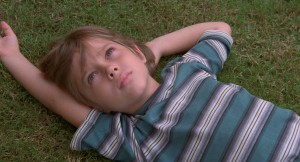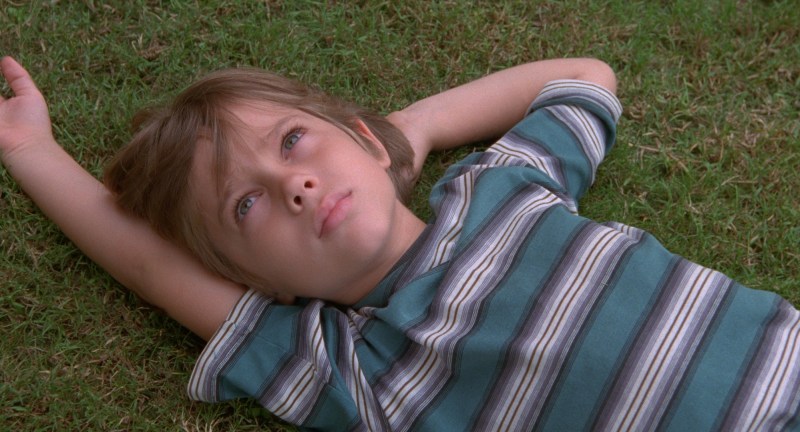The Sundance Film Festival wrapped up last Sunday, and although there were no clear breakout films, there were a few modest sales and some generally excellent productions. Here’s a look at the top three films I saw at the festival.
“Boyhood”

Richard Linklater’s “Boyhood,” unanimously hailed as the major highlight of this year’s Sundance Film Festival, was shot over the course of 12 years, filming three to four days each year. At the sold-out 8:30 a.m. screening I attended, the filmmakers received a standing ovation after the almost three-hour-long film, which charts the childhood of Mason (Ellar Coltrane) as he grows from a shy and pensive six-year-old to a young man headed to college. Since the film was shot in real time, we not only get to watch Mason, his sister and his parents age naturally, but the ways that the times are changing seeps into the film through changing computers, cell phones, presidential campaigns and music. The film focuses on small moments throughout Mason’s childhood, using his changing hair and surroundings as signposts for passing time. As those around him grow and change, so, too, does Mason, and Linklater provides enough context to show how the family members shape each other. Joining Mason on this 12-year journey proves often moving and funny, and always engaging: this being a Linklater film, he and his family are all articulate and far above average intelligence.
“A Girl Walks Home Alone At Night”
Iranian-American Ana Lily Amanpour’s first feature, “A Girl Walks Home Alone at Night,” the first Farsi vampire western, is every bit as strange and exciting as the genre labels would suggest. Shot in gorgeous black and white by cinematographer Lyle Vincent, Amanpour creates an eerie desert town, Bad City, where pimps, drug addicts, prostitutes and the poor roam at night, facing off with each other as if in a western. In the tradition of “Buffy the Vampire Slayer,” Amanpour flips the genre conventions by making the seemingly helpless girl (Sheila Vand) walking home alone at night; in reality she is a powerful vampire in a hijab, whose reserve is a symbol of her power. She takes it upon herself to right the misogynistic wrongs by the local pimp (Dominic Rains), while finding herself falling for one of his acquaintances, Arash (Arash Marandi). Arash is like a Persian James Dean, dressed in a tight white t-shirt and jeans and driving a car right out of the 1950s. The Girl is too modernized to be a relic of the past, though the film has a nostalgic feel to it, but she rides around on a skateboard and meets the human Arash when he’s dressed ridiculously like Dracula. The film has the calm, slow pace of a western — including being occasionally too slow — as Amanpour creates this dark universe. Sometimes it pays off remarkably, as in the first real courtship scene between the Girl and Arash, where we watch them very slowly close the gap between them.
“Lilting”
Hong Khaou’s directorial debut, the moving “Lilting,” which won the World Dramatic Cinematography award at Sundance, is one of the most promising debuts of the festival. Ben Whishaw stars as Richard, who recently lost his partner Kai. Richard has inherited the responsibility of caring for Kai’s aging mother, Junn (Pei-Pei Cheng), who speaks no English despite having lived in the United Kingdom for 30 years. Junn never knew her son was gay — she never liked Richard either, blaming him for taking her son away from her — and so Richard is in the awkward position of being the only one left to care for her without being able to explain why this falls to him. Their relationship starts off rocky, but as they spend more time together, and watch how language can corrode relationships — Richard hires an interpreter to help Junn talk with her new English lover, which only causes the couple to spar — they find a way to share their grief and move forward. Khaou’s film tackles a lot of tough subjects — the difficulties of immigration, parental guilt, communication barriers and grief, among others — but it always stays grounded in these two engaging characters.
